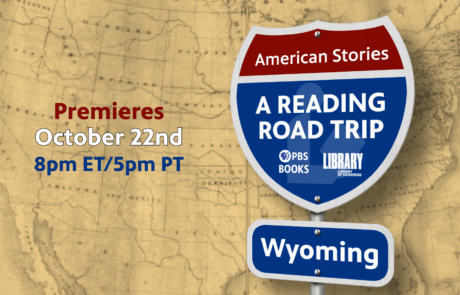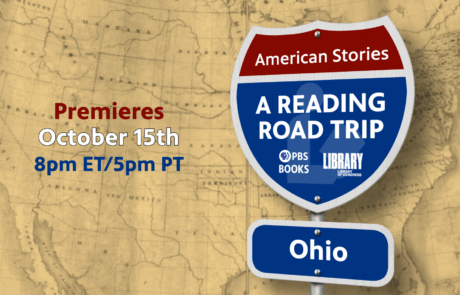National Director of PBS Books Heather-Marie Montilla shares her top reads of 2024, and books she’s looking forward to diving into in the new year.

The House on Mango Street is one of the most cherished novels of the last fifty years. Readers from all walks of life have fallen for the voice of Esperanza Cordero, growing up in Chicago and inventing for herself who and what she will become. “In English my name means hope,” she says. “In Spanish it means too many letters. It means sadness, it means waiting.” Told in a series of vignettes—sometimes heartbreaking, sometimes joyous—Cisneros’s masterpiece is a classic story of childhood and self-discovery and one of the greatest neighborhood novels of all time. Like Sinclair Lewis’s Main Street or Toni Morrison’s Sula, it makes a world through people and their voices, and it does so in language that is poetic and direct. This gorgeous coming-of-age novel is a celebration of the power of telling one’s story and of being proud of where you’re from.
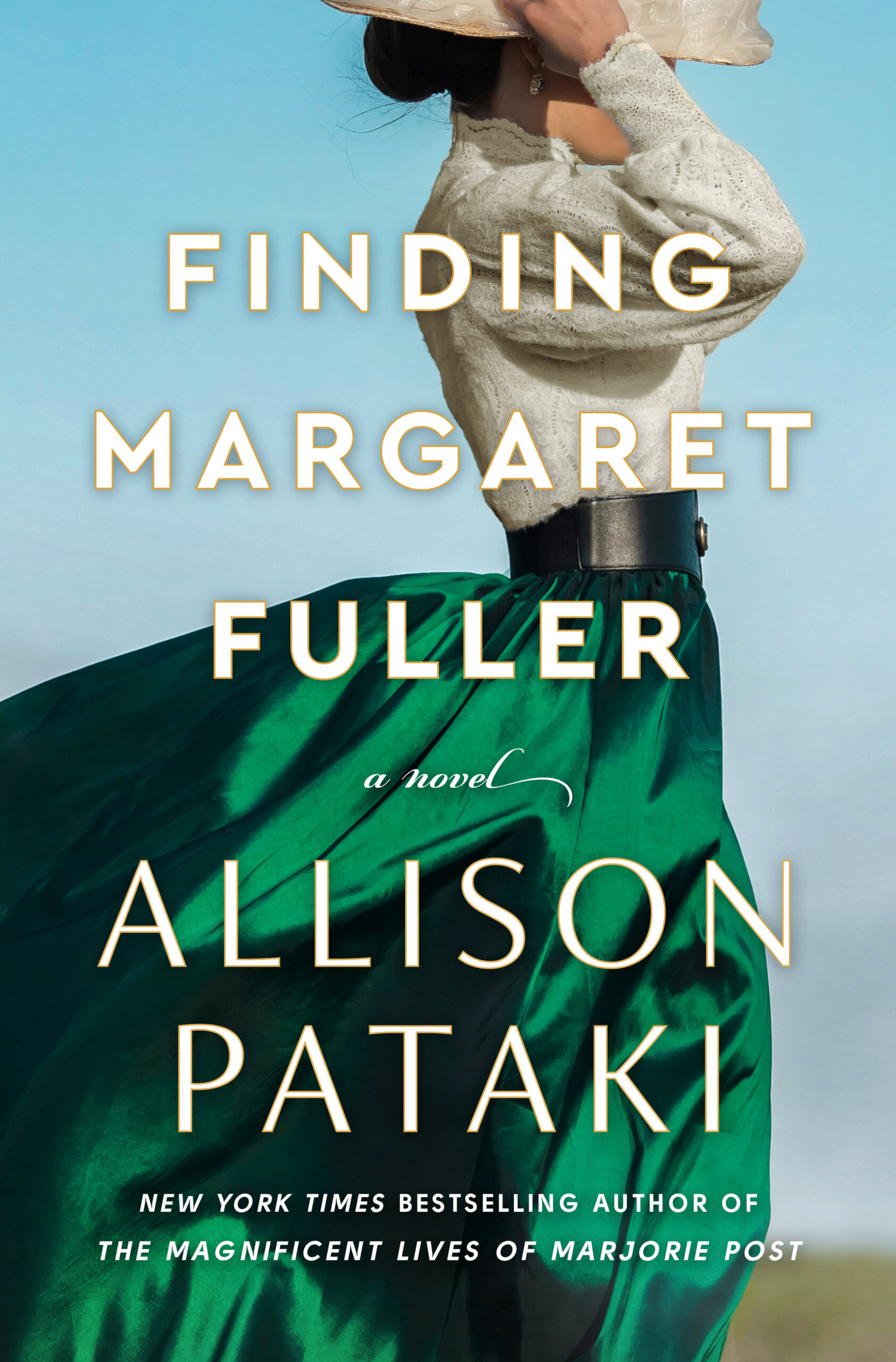
In 1836, when young, brazen, beautiful, and unapologetically brilliant Margaret Fuller accepts an invitation from Ralph Waldo Emerson, the celebrated “Sage of Concord,” to stay in Concord, MA, she finds her intellectual equals among his coterie of enlightened friends. She becomes a role model to young Louisa May Alcott, an inspiration to Nathaniel Hawthorne’s character of Hester Prynne and the scandalous Scarlet Letter, a friend to Henry David Thoreau as he ventures into the woods of Walden Pond…and a muse to Emerson himself. But as love triangles and interpersonal drama threaten her ambitions, Margaret finds her restless soul in need of new challenges and adventure and decides she must venture into the broader world.
And so she charts a singular course against a backdrop of dizzying historical drama: From Boston, where she hosts a women-only literary salon for students like Elizabeth Cady Stanton; to Harvard’s campus, where she is the first woman permitted to study within its walls; to her role as the first female foreign news correspondent, mingling with luminaries like Frederic Chopin; and to Rome where she finds a world of passion, romance, and revolution, taking a Roman count as a lover amid a revolution that would result in Italy’s unification.
With a star-studded cast and epic sweep of historical events, this is a story of an inspiring trailblazer, a woman who loved big and lived even bigger—a fierce adventurer who transcended the rigid roles ascribed to women, and changed history for millions, all on her own terms.
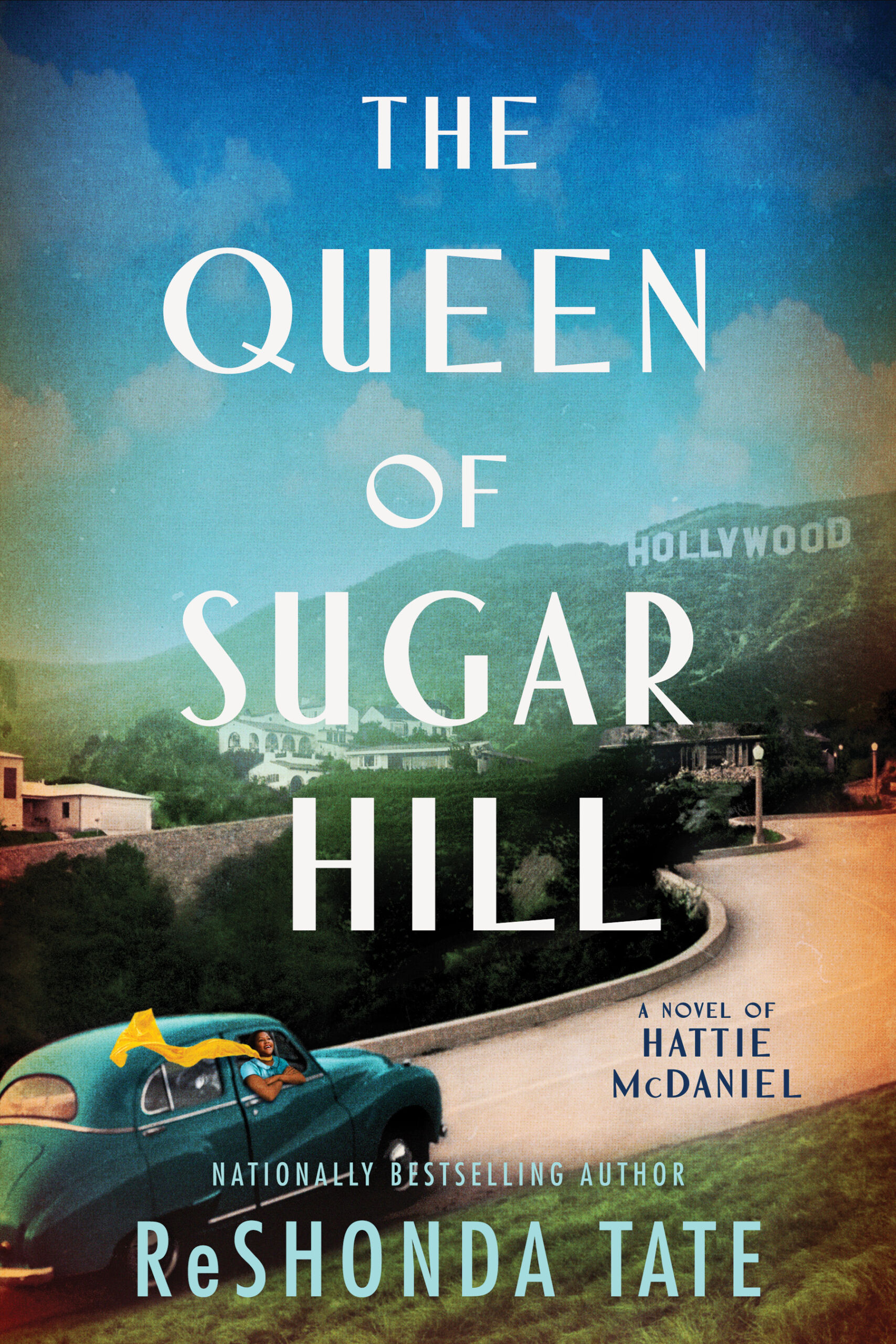
It was supposed to be the highlight of her career, the pinnacle for which she’d worked all her life. And as Hattie McDaniel took the stage in 1940 to claim an honor that would make her the first African-American woman to win an Academy Award, she tearfully took her place in history. Between personal triumphs and tragedies, heartbreaking losses, and severe setbacks, this historic night of winning best supporting actress for her role as the sassy Mammy in the controversial movie Gone With the Wind was going to be life-changing. Or so she thought.
Months after winning the award, not only did the Oscar curse set in where Hattie couldn’t find work, but she found herself thrust in the middle of two worlds—Black and White—and not being welcomed in either. Whites only saw her as Mammy and Blacks detested the demeaning portrayal. As the NAACP waged an all-out war against Hattie and actors like her, the emotionally conflicted actor found herself struggling daily.
Through it all, Hattie continued her fight to pave a path for other Negro actors, while focusing on war efforts, fighting housing discrimination, and navigating four failed marriages. Luckily, she had a core group of friends to help her out—from Clark Gable to Louise Beavers to Ruby Berkley Goodwin and Dorothy Dandridge.
The Queen of Sugar Hill brings to life the powerful story of one woman who was driven by many passions—ambition, love, sex, family, friendship, and equality. In re-creating Hattie’s story, ReShonda Tate delivers an unforgettable novel of resilience, dedication, and determination—about what it takes to achieve your dreams—even when everything—and everyone—is against you.
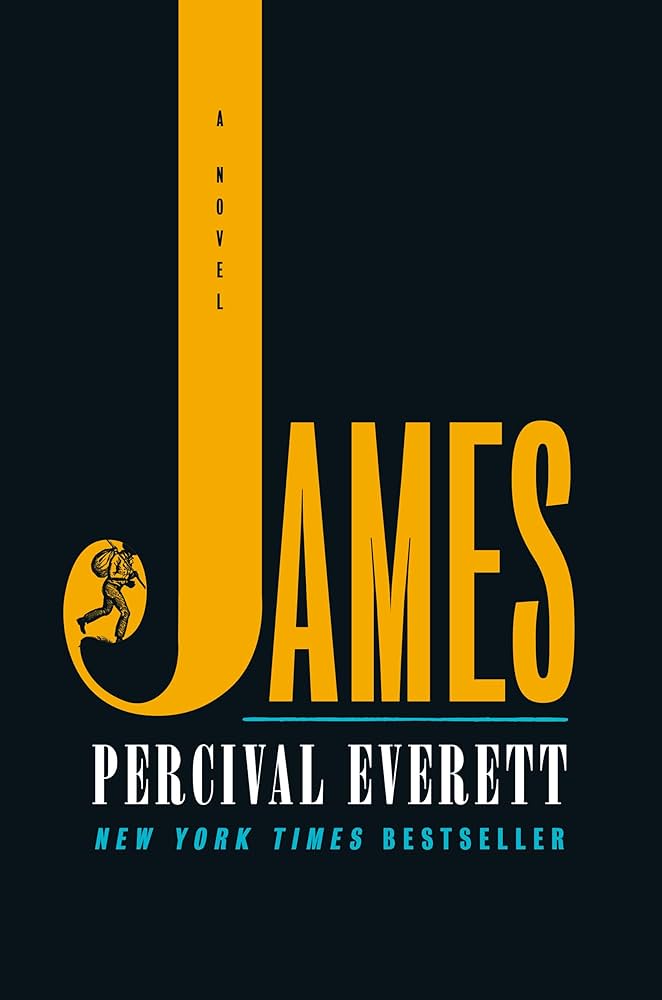
When the enslaved Jim overhears that he is about to be sold to a man in New Orleans, separated from his wife and daughter forever, he decides to hide on nearby Jackson Island until he can formulate a plan. Meanwhile, Huck Finn has faked his own death to escape his violent father, recently returned to town. As all readers of American literature know, thus begins the dangerous and transcendent journey by raft down the Mississippi River toward the elusive and too-often-unreliable promise of the Free States and beyond.
While many narrative set pieces of Adventures of Huckleberry Finn remain in place (floods and storms, stumbling across both unexpected death and unexpected treasure in the myriad stopping points along the river’s banks, encountering the scam artists posing as the Duke and Dauphin…), Jim’s agency, intelligence and compassion are shown in a radically new light.
Brimming with the electrifying humor and lacerating observations that have made Everett a “literary icon” (Oprah Daily), and one of the most decorated writers of our lifetime, James is destined to be a major publishing event and a cornerstone of twenty-first century American literature.
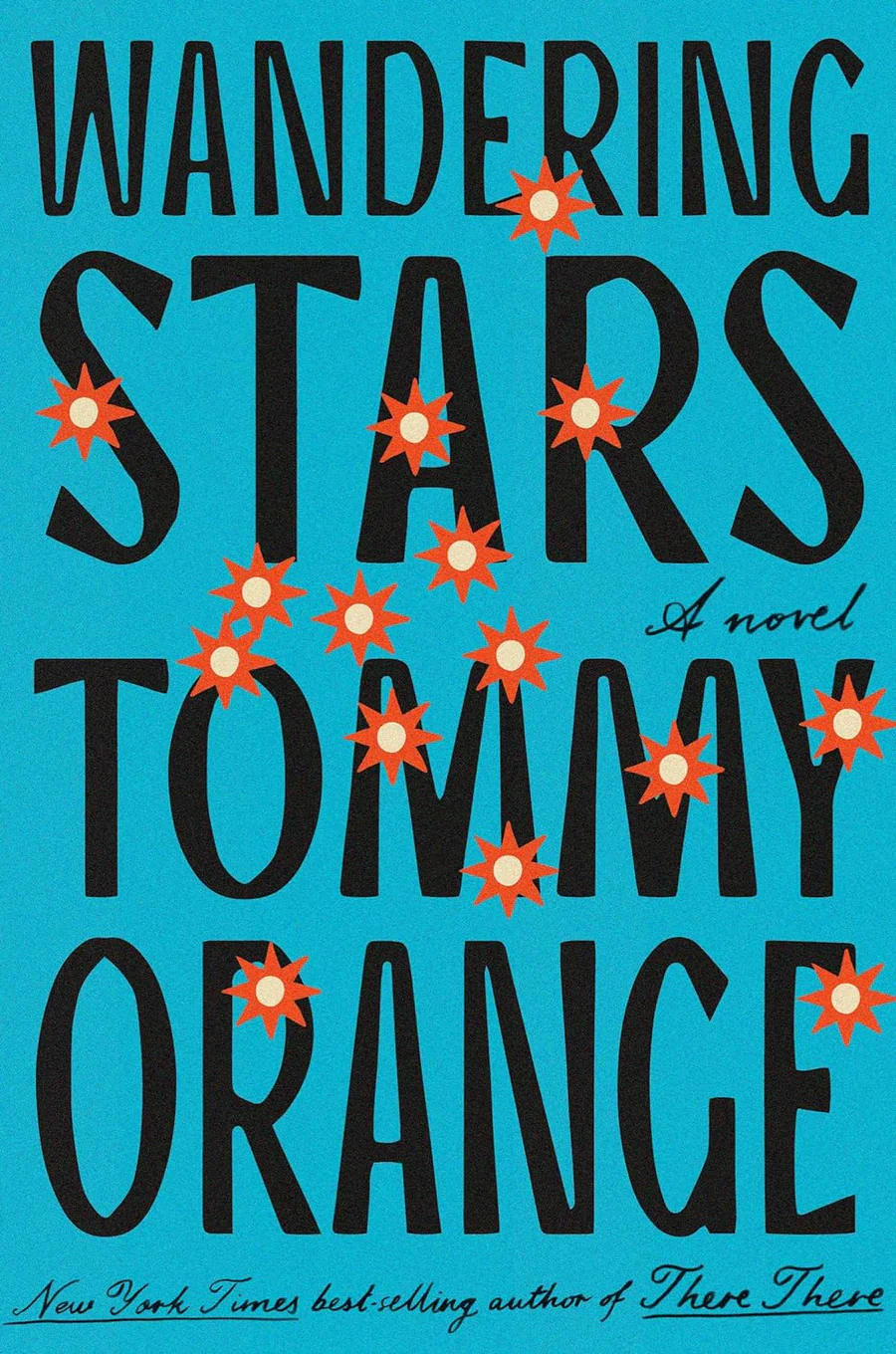
“No one knows how to express tenderness and yearning like Tommy Orange. With an all-seeing heart, he traces historical and contemporary cruelties, vagaries, salvations and solutions visited upon young Cheyenne people, who cope with the impossible. In them, Tommy finds the unnerving strength that results when a broken spirit mends itself, when a wandering star finds its place, when, in spite of everything, Native people manage to survive.” —Louise Erdrich
The Pulitzer Prize-finalist and author of the breakout bestseller There There delivers a masterful follow-up to his already classic first novel. Extending his constellation of narratives into the past and future, Tommy Orange traces the legacies of the Sand Creek Massacre of 1864 and the Carlisle Indian Industrial School through three generations of a family in a story that is by turns shattering and wondrous.
Colorado, 1864. Star, a young survivor of the Sand Creek Massacre, is brought to the Fort Marion Prison Castle, where he is forced to learn English and practice Christianity by Richard Henry Pratt, an evangelical prison guard who will go on to found the Carlisle Indian Industrial School, an institution dedicated to the eradication of Native history, culture, and identity. A generation later, Star’s son, Charles, is sent to the school, where he is brutalized by the man who was once his father’s jailer. Under Pratt’s harsh treatment, Charles clings to moments he shares with a young fellow student, Opal Viola, as the two envision a future away from the institutional violence that follows their bloodlines.
Oakland, 2018. Opal Viola Victoria Bear Shield is barely holding her family together after the shooting that nearly took the life of her nephew Orvil. From the moment he awakens in his hospital bed, Orvil begins compulsively googling school shootings on YouTube. He also becomes emotionally reliant on the prescription medications meant to ease his physical trauma. His younger brother, Lony, suffering from PTSD, is struggling to make sense of the carnage he witnessed at the shooting by secretly cutting himself and enacting blood rituals that he hopes will connect him to his Cheyenne heritage. Opal is equally adrift, experimenting with Ceremony and peyote, searching for a way to heal her wounded family.
Tommy Orange once again delivers a story that is piercing in its poetry, sorrow, and rage and is a devastating indictment of America’s war on its own people.
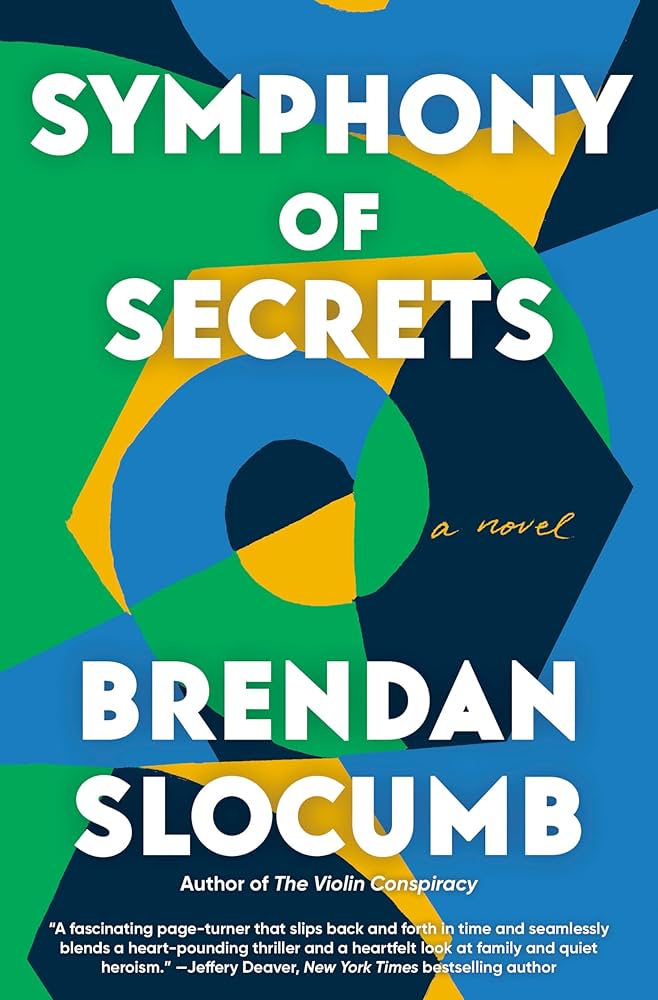
A gripping page-turner from the celebrated author of book club favorite The Violin Conspiracy: Music professor Bern Hendricks discovers a shocking secret about the most famous American composer of all time—his music may have been stolen from a Black Jazz Age prodigy named Josephine Reed. Determined to uncover the truth that a powerful organization wants to keep hidden, Bern will stop at nothing to right history’s wrongs and give Josephine the recognition she deserves.
“A maestro of musical mystery … Slocumb’s writing is invigorating, and the detail in his character work makes the main characters in both time periods easy to root for. . . . Thrilling.” —The New York Times
“At once a celebration of music and also a cautionary tale about legacy, privilege, and creative genius.” —Nita Prose, #1 New York Times bestselling author of The Maid
Bern Hendricks has just received the call of a lifetime. As one of the world’s preeminent experts on the famed twentieth-century composer Frederick Delaney, Bern knows everything there is to know about the man behind the music. When Mallory Roberts, a board member of the distinguished Delaney Foundation and direct descendant of the man himself, asks for Bern’s help authenticating a newly discovered piece, which may be his famous lost opera, RED, he jumps at the chance. With the help of his tech-savvy acquaintance Eboni, Bern soon discovers that the truth is far more complicated than history would have them believe.
In 1920s Manhattan, Josephine Reed is living on the streets and frequenting jazz clubs when she meets the struggling musician Fred Delaney. But where young Delaney struggles, Josephine soars. She’s a natural prodigy who hears beautiful music in the sounds of the world around her. With Josephine as his silent partner, Delaney’s career takes off—but who is the real genius here?
In the present day, Bern and Eboni begin to uncover more clues that indicate Delaney may have had help in composing his most successful work. Armed with more questions than answers and caught in the crosshairs of a powerful organization who will stop at nothing to keep their secret hidden, Bern and Eboni will move heaven and earth in their dogged quest to right history’s wrongs.
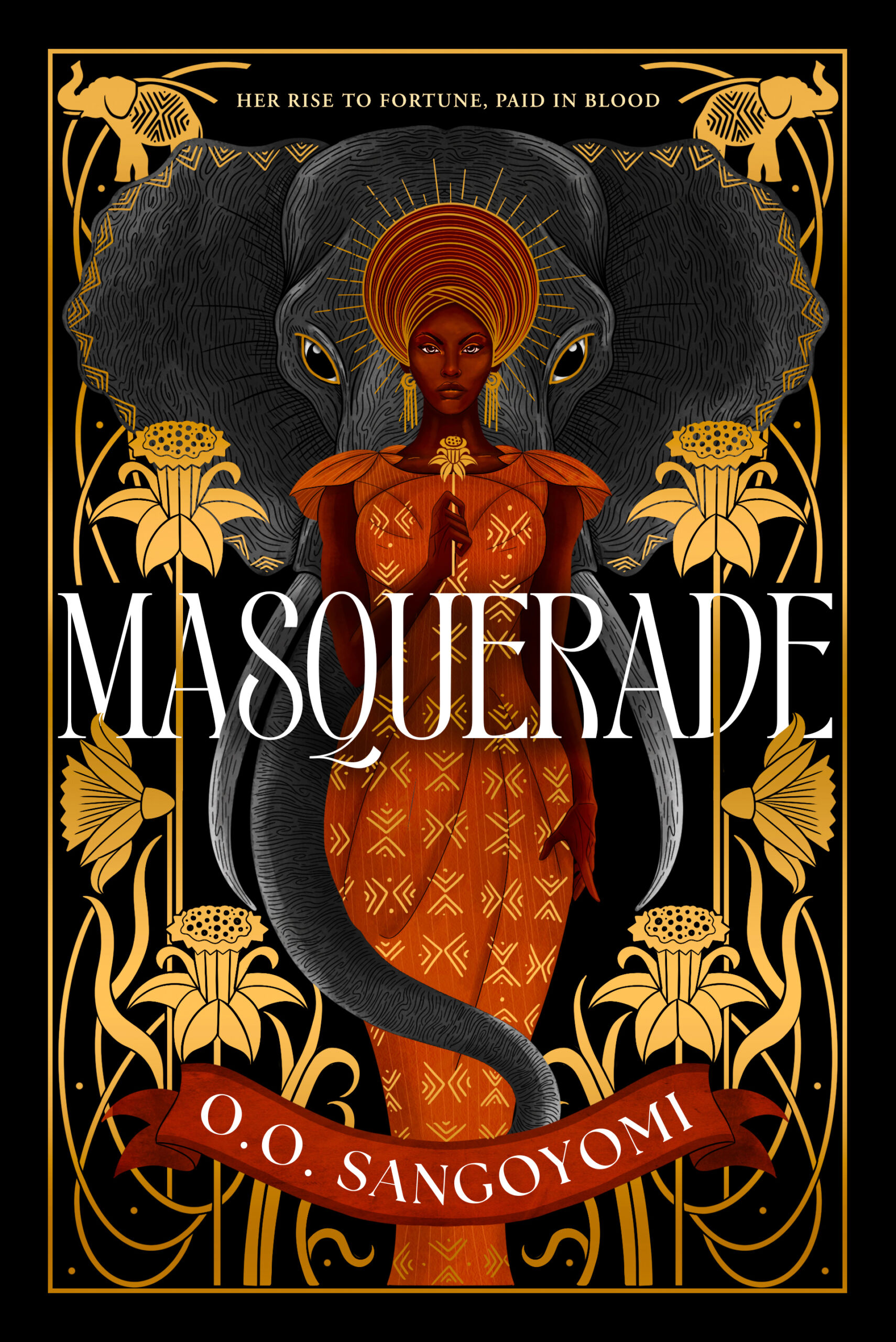
Set in a wonderfully reimagined 15th century West Africa, Masquerade is a dazzling, lyrical tale exploring the true cost of one woman’s fight for freedom and self-discovery, and the lengths she’ll go to secure her future.
Òdòdó’s hometown of Timbuktu has been conquered by the the warrior king of Yorùbáland. Already shunned as social pariahs, living conditions for Òdòdó and the other women in her blacksmith guild grow even worse under Yorùbá rule.
Then Òdòdó is abducted. She is whisked across the Sahara to the capital city of Ṣàngótẹ̀, where she is shocked to discover that her kidnapper is none other than the vagrant who had visited her guild just days prior. But now that he is swathed in riches rather than rags, Òdòdó realizes he is not a vagrant at all; he is the warrior king, and he has chosen her to be his wife.
In a sudden change of fortune, Òdòdó soars to the very heights of society. But after a lifetime of subjugation, the power that saturates this world of battle and political savvy becomes too enticing to resist. As tensions with rival states grow, revealing elaborate schemes and enemies hidden in plain sight, Òdòdó must defy the cruel king she has been forced to wed by re-forging the shaky loyalties of the court in her favor, or risk losing everything—including her life.
Loosely based on the myth of Persephone, O.O. Sangoyomi’s Masquerade takes you on a journey of epic power struggles and political intrigue that turn an entire region on its head., An epic novel of the construction of the Panama Canal, casting light on the unsung people who lived, loved, and labored there.
It is said that the canal will be the greatest feat of engineering in history. But first, it must be built. For Francisco, a local fisherman who resents the foreign powers clamoring for a slice of his country, nothing is more upsetting than the decision of his son, Omar, to work as a digger in the excavation zone. But for Omar, whose upbringing was quiet and lonely, this job offers a chance to finally find connection.
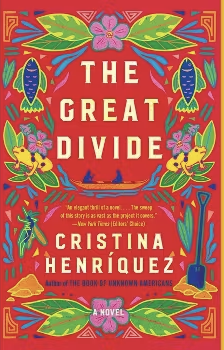
Ada Bunting is a bold sixteen-year-old from Barbados who arrives in Panama as a stowaway alongside thousands of other West Indians seeking work. Alone and with no resources, she is determined to find a job that will earn enough money for her ailing sister’s surgery. When she sees a young man—Omar—who has collapsed after a grueling shift, she is the only one who rushes to his aid.
John Oswald has dedicated his life to scientific research and has journeyed to Panama in single-minded pursuit of one goal: eliminating malaria. But now, his wife, Marian, has fallen ill herself, and when he witnesses Ada’s bravery and compassion, he hires her on the spot as a caregiver. This fateful decision sets in motion a sweeping tale of ambition, loyalty, and sacrifice.
Searing and empathetic, The Great Divide explores the intersecting lives of activists, fishmongers, laborers, journalists, neighbors, doctors, and soothsayers—those rarely acknowledged by history even as they carved out its course.




